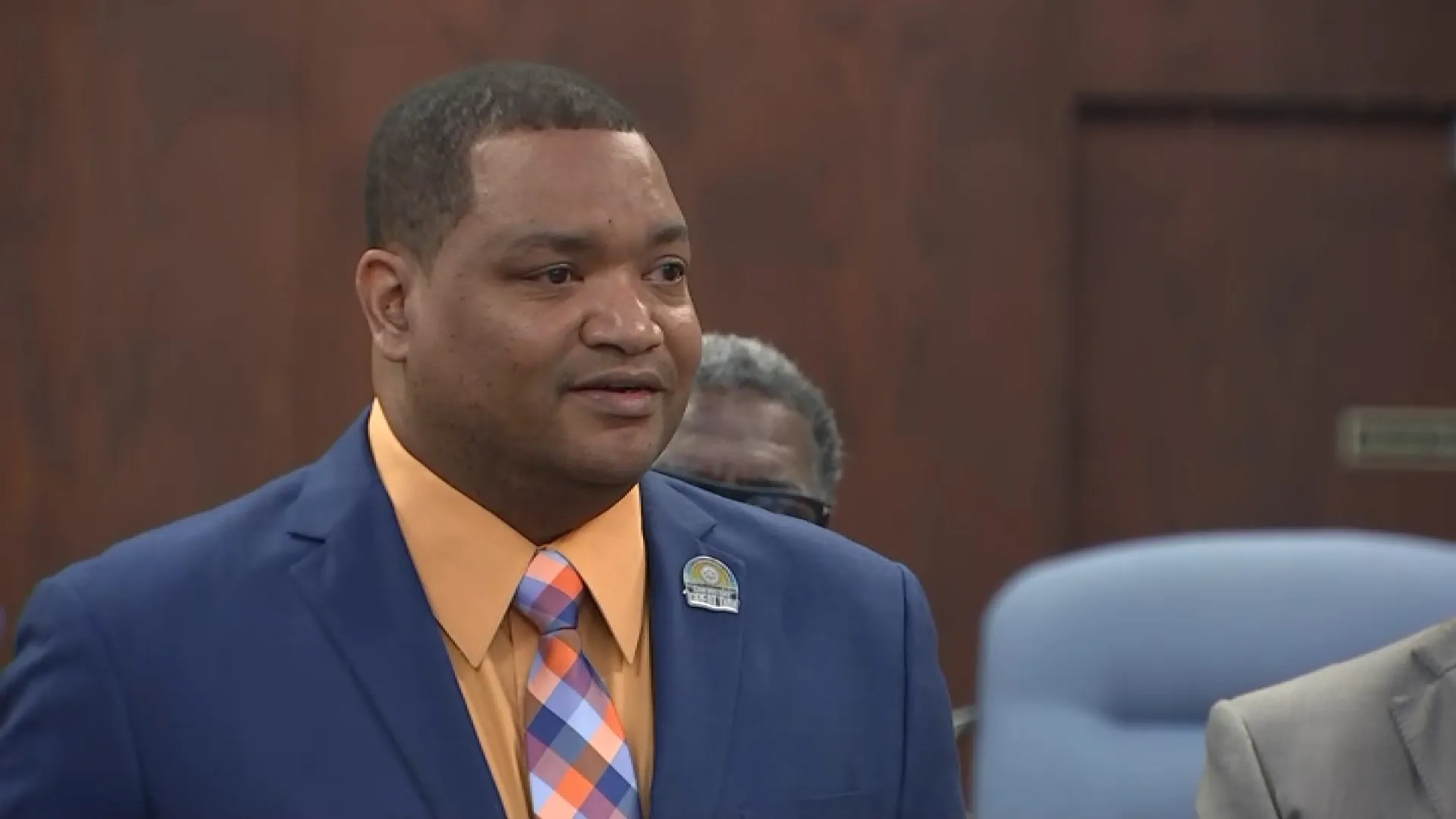New Jersey is preparing for what authorities believe will be an increase in human trafficking when the state hosts the Super Bowl in February.
Law enforcement and victim-services providers gathered Friday at a summit in Trenton to discuss ways to prevent that from occurring.
They heard from sex trafficking survivors who shared their stories to bring a message of hope to other victims.
Barbara Amaya said she ran away from home in Virginia at the age of 12 after being abused by family members. She was taken in by a couple who sold her to a sex trafficker in New York City.
"I tried to escape from him," she said. "I made it back to Virginia once. He came and got me.
"Everything that you could imagine happening to me on the streets of New York did happen to me. I mean, I grew up being trafficked," Amaya said. "The fact that I'm alive now really is a miracle."
After nine years, she managed to break free from her captor when he was sent to jail for drugs and weapons possession.
Local
Breaking news and the stories that matter to your neighborhood.
Shandra Woworuntu, who said she left Indonesia after seeing an ad for a seasonal job in the U.S., was kidnapped shortly after she arrived in New York City and was forced into prostitution.
"I realize it was organized crime that trafficked me and put me into the slave industry. It wasn't right," she said. "We are human. We have freedom to do anything if we are in control."
She managed to escape from the sex trade after two months by jumping out a second-floor bathroom window.
Amaya and Woworuntu are now advocates for other victims.
Increasing awareness about human trafficking can help prevent and detect it and provide information to prosecute the traffickers, officials said.
This story was reported through a news coverage partnership between NBC10.com and NewsWorks.org



